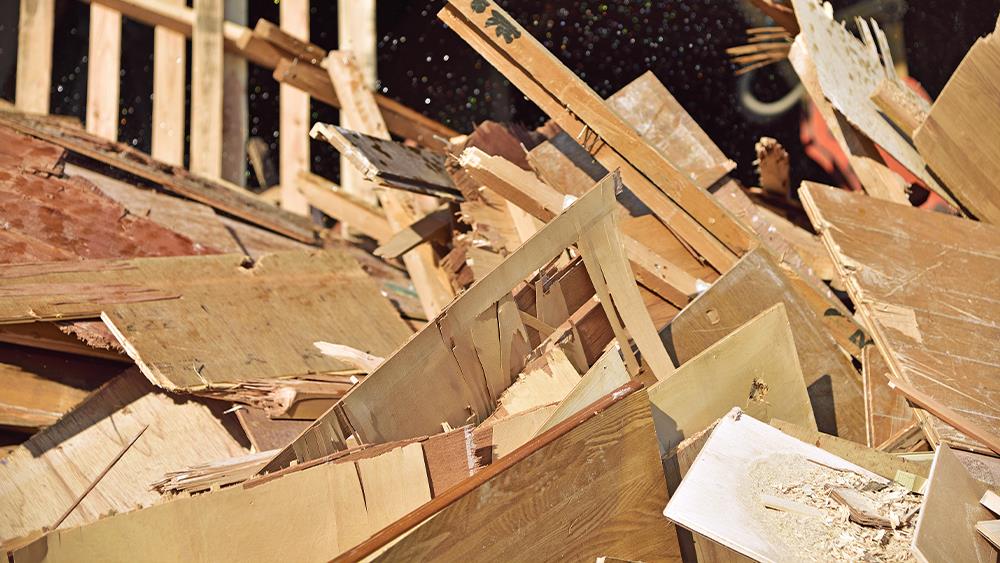

The project will see Adaptavate collaborating with the Biorenewables Development Centre (BDC) to establish a carbon storing feedstock source and create a cost-comparable, first-of-its-kind carbon-negative plasterboard alternative.
Adaptavate has announced the kick-off of a £1 million Innovate UK Smart grant to optimise the cost and scalability of its carbon-negative alternative to plasterboard. The company will work in collaboration with the Biorenewables Development Centre (BDC), a research organisation subsidiary of the University of York, to establish an innovative carbon-storing feedstock source, and develop a cost-comparable, first-of-its-kind carbon-negative plasterboard alternative.
Adaptavate plans to expand on the environmental benefits of its technology, by using hard-to-treat, post-consumer and industrial wastes, pre-treating them to turn them into carbon-storing aggregates with a high permeance, and then incorporating them in the product, permanently locking up the carbon into high-performing wallboards.
The 24-month-long-project will also deliver key innovations to Adaptavate’s industrial process for streamlined manufacturability, cost-competitiveness, performance, and material suitability.
The work with BDC will also quantify the end-of-life benefits of Adaptavate’s plasterboard’s alternative by investigating the use of construction and demolition waste both as a valuable soil additive and inputs to further production.
The innovative incorporation of novel feedstocks will improve the commercial scalability of Adaptavate’s carbon-negative technology and builds on previous proof-of-concept work done with BDC that identified performance benefits to the product, such as improved thermal and moisture handling characteristics. This alternative to plasterboard also mitigates gypsum's growing price and resource scarcity while aiding the construction industry's transition to net-zero.
Jeff Ive, CTO at Adaptavate, said: “This project will facilitate the adoption of our technology globally by making it more cost-competitive, while improving its carbon-removal potential.
“The adoption of our patented technology can play a significant role in the decarbonisation of the construction industry, given the globally ubiquitous nature of plasterboard, its application in internal linings, and the opportunities available to innovate in non-load bearing structure.”
Dr Peter Hurst, Lead Technologist at the BDC, added: "We're delighted to continue our partnership with Adaptavate on this exciting project. BDC's expertise in scaling up bio-based solutions, combined with Adaptavate's innovative technology, positions us to make a real impact on the construction industry.
“By reducing the environmental footprint of buildings and promoting renewable materials, we're taking a step towards a more sustainable future."